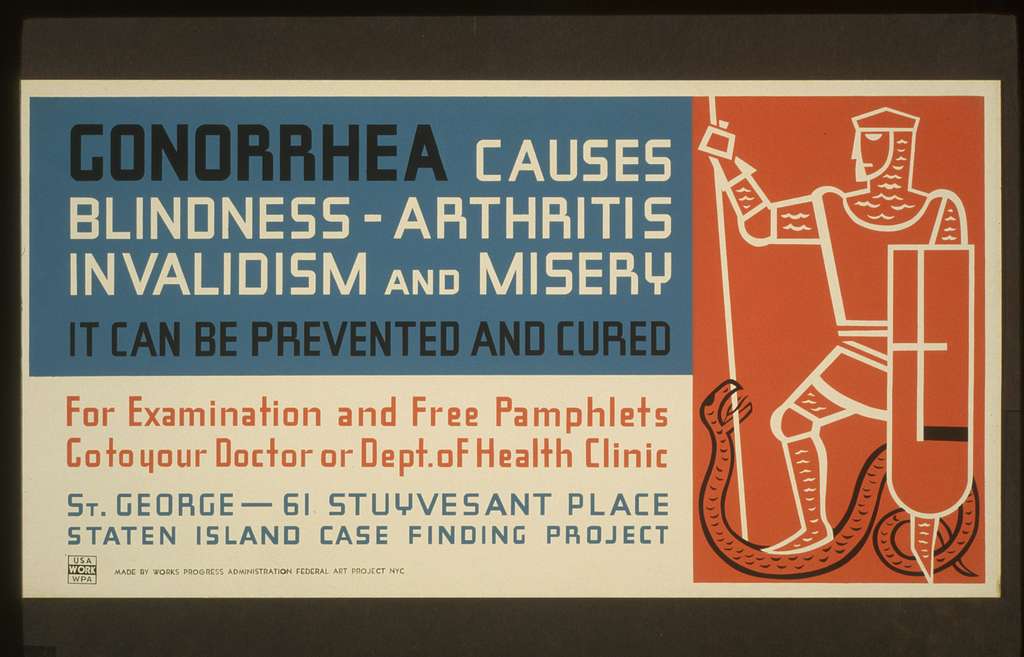
How to build a career as a human rights lawyer
If you became a lawyer, or are considering becoming a lawyer, out of a desire to see justice served and protect those who need protecting most, a career as a human rights lawyer could be extremely fulfilling.
Human rights law firms use their extensive knowledge of international human rights law to protect their clients from threats to their safety and equality and the lawyers responsible for doing so take on a huge amount of responsibility every single day.
Understandably, it takes several years of hard work and dedication to become a fully fledged human rights lawyer and even those who are successful will continue to learn and hone their craft throughout their career.
If you do persevere, however, there are very few careers as rewarding as that of a human rights lawyer, making a genuinely positive impact in the lives of others throughout the course of your time in the practice.
Sound good? If so, read on to discover exactly what steps you need to take to become a human rights lawyer.

Step 1 – Get a degree
The first step for anyone looking to become a lawyer of any kind is to obtain an undergraduate degree in the law. In the US, undergraduate degrees are the bare minimum for admittance into a good law school, although your degree doesn’t necessarily have to be in human rights, or even law. It is your commitment to study and ability to learn that law schools are looking for through your undergraduate degree, so picking a subject you know well and expect to get a good grade in is just as important as the subject itself.
In the UK a degree in law is a pre-requisite for any training contracts or associate positions at any major, or minor, law firm. Again, you probably don’t need to focus heavily on human rights law at undergraduate stage, and most human rights lawyers get a general degree in law before specialising further down the line.
Whatever degree you choose, try to build the widest possible knowledge base of all forms of law, not only human rights law. This will not only impress future employers and keep your career options open but will also ensure that you are ready for whatever situation might crop up during one of your future cases.
Step 2 – Qualify as a solicitor or barrister
Once you have completed a postgraduate degree in a relevant law subject it is time to become either a qualified solicitor or a barrister. If you wish to become a solicitor you will need to follow an approved pathway laid out by the Solicitors Regulation Authority where as barristers in training will need to join an Inns of Court and pass the Bar Training Course, a process that usually takes around one year to complete. Once this has been completed you will need to spend time doing pupillage in chambers before entering the world of work as a full Barrister.
Step 3 – Get experience
We have put this at step three in your career path as this is the stage at which law firms are likely to consider you for work experience and training positions. However, there is never a time at which gaining experience of working in law is a negative during your training and anything that you can pick up along the way will put you at an advantage for the future.
It is unlikely that you will be able to obtain a training contract at a major firm until you have completed your degree and are a fully qualified lawyer but university students will often do work pro-bono in order to gain real-life experience alongside their studies.
Step 4 – Start Work

Now you have all the qualifications you need it is time to start representing those who believe that they have had their Human Rights breached by either public authorities or private organisations.
The human rights acts covers subjects such as slavery, torture, restrictions on freedoms and other extremely serious topics so whilst success can be rewarding it takes a certain tyre of individual to manage human rights cases. In fact, many human rights lawyers change profession after a few years due to the stress and nature of the work. We don’t say this to put you off, but instead to make sure you are aware of exactly what you are getting yourself into before proceeding.
On a day-to-day basis, human rights lawyers will work on a variety of different cases including immigration appeals, discrimination claims, criminal cases, and more.
Human rights law does not tend to be extremely well paid and many lawyers actually work in a different area of the law such as criminal or corporate law in order to fund their pro-bono human rights work.



